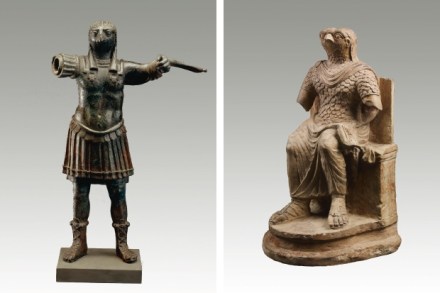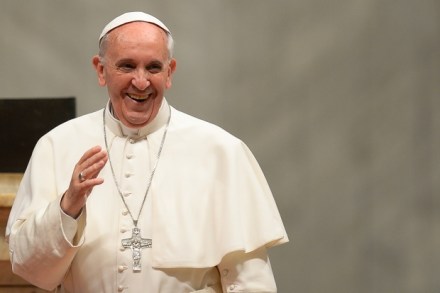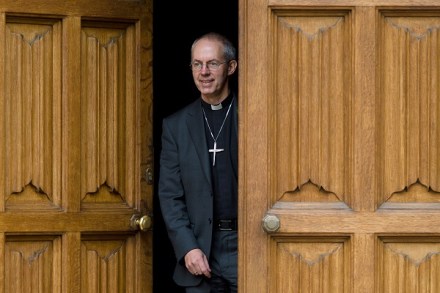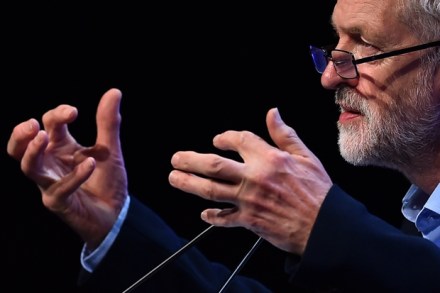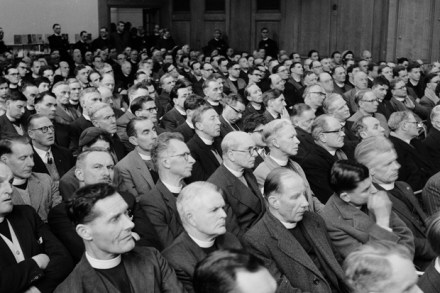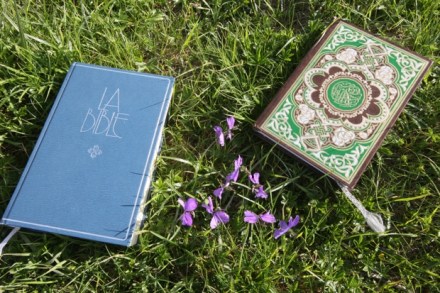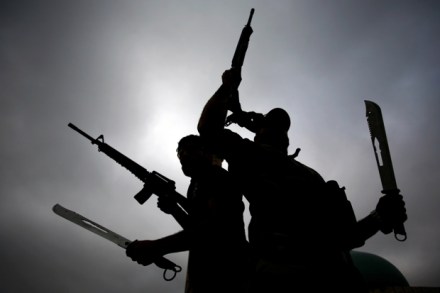Bad news from paradise
Suddenly, the Maldivians are in the news. Earlier this year, they locked up their first democratically elected president, and just recently they declared a state of emergency. It never used to be like this. The Maldives was just a place you saw in brochures, looking expensively turquoise. It has a population no bigger than Barnet (350,000), and 99 per cent of the country is covered in water. Until recently, even its neighbour, Sri Lanka, hardly seemed to notice it. During my time in Colombo, visiting Maldivians were merely a source of idle curiosity. They flew into town either to pick up a secular education or to get roaring drunk. It



